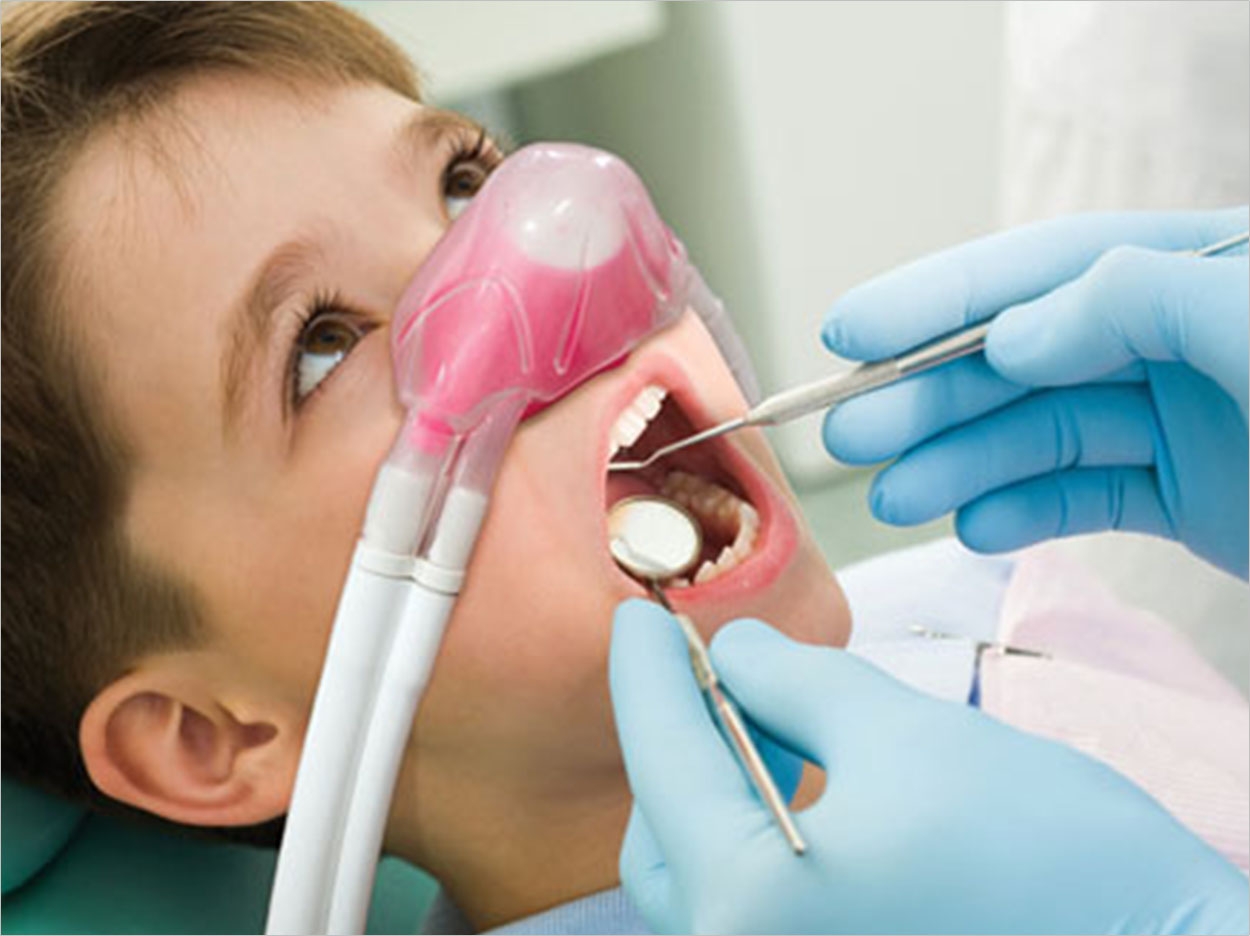
Dentists need to know whether their patients will cooperate during their treatment before the procedure even starts, which can be difficult when the patient is a child. Often, children can be prone to fear and discomfort in the operatory, and attitude can be a key factor in how well they will navigate the dental visit. If dentists could predict how children are likely to respond to the use of nitrous oxide, visits more likely may be free of anxiety.
Researchers in Seattle, then, set out to determine if disposition is linked to the successful usage of nitrous oxide. The study comprised 48 patients between the ages of 3 and 8 years receiving dental care at a university-based clinic. The children’s caregivers completed a validated behavior questionnaire that the researchers used along with data from the children’s charts to assess behavior and sedation success during the dental visit.
According to the researchers, the types of children who were successfully treated with nitrous oxide varied widely. When the researchers focused on uncooperative children, they found that if scores were better in the Effortful Control temperament category, laughing gas was more successful. Subscales of a few other characteristics also were helpful in predicting success during the dental visit.
Children who did well in the Effortful Control category had specific behavioral traits. For example, they could easily stop doing something when told “no” and could focus and become absorbed in a task, such as looking at a picture book. Children who can focus on a task and inhibit negative reactions are likely to be good candidates for treatment with nitrous oxide, the researchers concluded.
Also, the researchers found that children who can overcome poor attitudes about a trip to the dentist are most successful in receiving dental care. Those who can focus on the task and remain focused throughout the visit have the best ability to control their negative reactions. The researchers suggested, then, that those children who cannot focus might be better candidates for oral sedation or general anesthesia.
The study, “Temperament as a Predictor of Nitrous Oxide Inhalation Sedation Success,” was published by Anesthesia Progress.
Related Articles
Try Communication, Not Sedation, in Pediatric Dentistry



